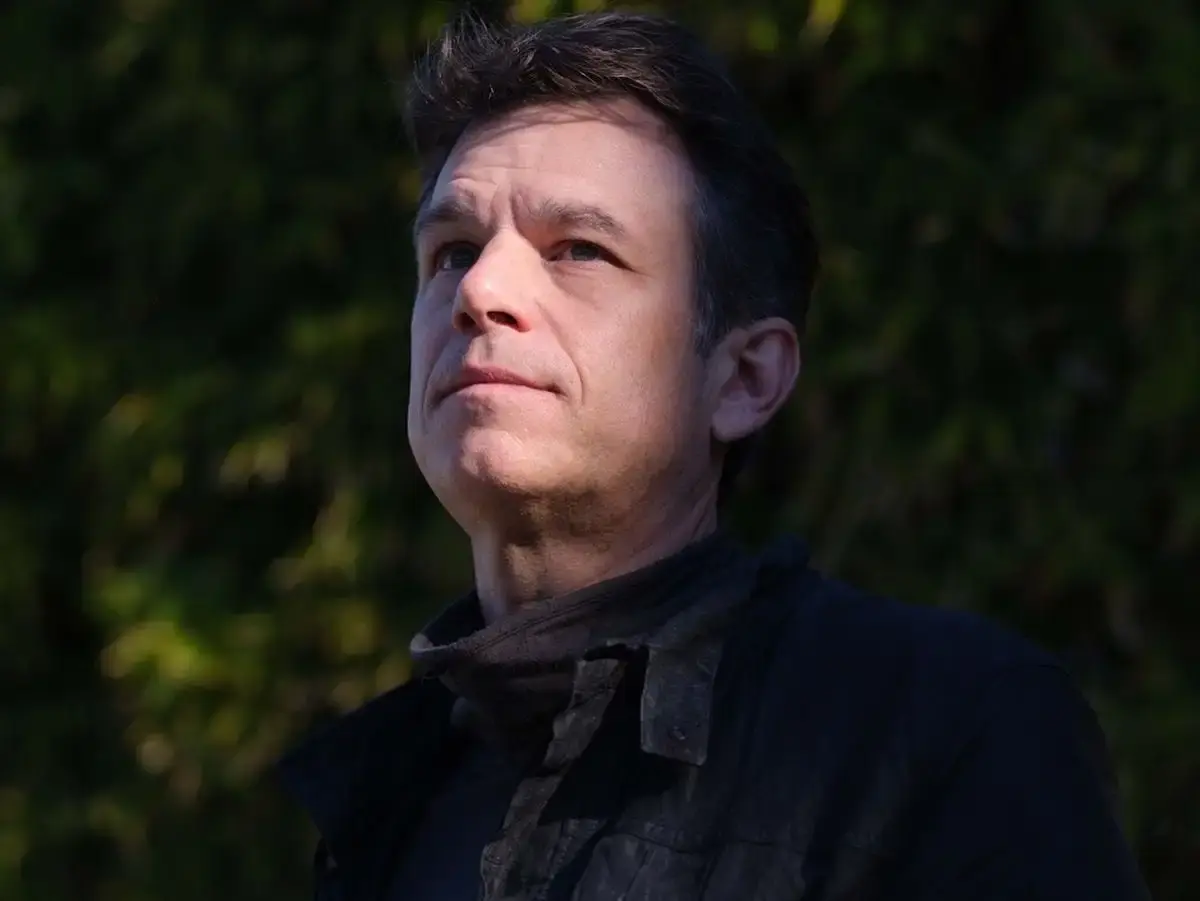The American Matthew Butterick has started a legal crusade against generative artificial intelligence (AI). In 2022, he filed the first lawsuit in the history of this field against Microsoft, one of the companies that develop these types of tools (GitHub Copilot). Today, he’s coordinating four class action lawsuits that bring together complaints filed by programmers, artists and writers.
If successful, he could force the companies responsible for applications such as ChatGPT or Midjourney to compensate thousands of creators. They may even have to retire their algorithms and retrain them with databases that don’t infringe on intellectual property rights.



Luddites smashing power looms.
It’s worth remembering that the Luddites were not against technology. They were against technology that replaced workers, without compensating them for the loss, so the owners of the technology could profit.
Moreover, Luddites were opposed to the replacement of independent at-home workers by oppressed factory child labourers. Much like OpenAI aims to replace creative professionals by an army of precarious poorly paid microworkers.
Yep! And it’s not like a lot of creative professionals are paid all that well right now. The tech and finance industries do not value creatives.
“Starving artist”
Obviously I can’t speak for all countries, but in mine, an artist and a programmer with the same years of experience working for the same company will not be getting the same salary, despite the fact that neither could do the other’s job. One of those salaries will be slightly above minimum wage (which is currently lower than the wage needed to cover the cost of living), and the other will be around double the national average wage. So there are in fact artists using food banks right now, and it’s not because the creatives aren’t working as hard as the tech professionals. One is simply valued higher than the other.
Meritocracy is a myth used to control people.
Their problem was that they smashed too many looms and not enough capitalists. AI training isn’t just for big corporations. We shouldn’t applaud people that put up barriers that will make it prohibitively expensive to for regular people to keep up. This will only help the rich and give corporations control over a public technology.
It should be prohibitively expensive for anyone to steal from regular people, whether it’s big companies or other regular people. I’m not more enthusiastic about the idea of people stealing from artists to create open source AIs than I am when corporations do it. For an open source AI to be worth the name, it would have to use only open source training data - ie, stuff that is in the public domain or has been specifically had an open source licence assigned to it. If the creator hasn’t said they’re okay with their content being used for AI training, then it’s not valid for use in an open source AI.
I recommend reading this article by Kit Walsh, a senior staff attorney at the EFF if you haven’t already. The EFF is a digital rights group who most recently won a historic case: border guards now need a warrant to search your phone.
People are trying to conjour up new rights to take another piece of the public’s right and access to information. To fashion themselves as new owner class. Artists and everyone else should accept that others have the same rights as they do, and they can’t now take those opportunities from other people because it’s their turn now.
There’s already a model trained on just Creative Commons licensed data, but you don’t see them promoting it. That’s because it was not about the data, it’s an attack on their status, and when asked about generators that didn’t use their art, they came out overwhelmingly against with the same condescending and reductive takes they’ve been using this whole time.
I believe that generative art, warts and all, is a vital new form of art that is shaking things up, challenging preconceptions, and getting people angry - just like art should.
I’m actually fine with generative AI that uses only public domain and creative commons content. I’m not threatened by AI as a creative, because AI can only iterate on its own training data. Only humans can create something genuinely new and original. My objection is solely on the basis of theft. If we agree that everybody has the basic right to control their own data and content, than that logically has to extend to artists: they must have the right to control their own work, and consenting to humans viewing it isn’t the same as consenting to having it fed into an AI.
I suspect there would be a lot more artists open to considering the benefits of a generative AI using only public domain and creative commons works if they weren’t justifiably aggrieved at having their life’s work strip-mined. Expecting the victims of exploitation to be 100% rational about their exploiter (or other adjacent parties trying to argue why it’s fine when they do it) isn’t reasonable. At this point, artists simply don’t trust the generative AI industry, and there needs to be a significant and concerted effort to rectify existing wrongs to repair that trust. One organisation offering a model based on creative commons artworks, when the rest of the generative AI industry is still stealing everything that’s not nailed down, does not promote trust. Regulate, compensate, mend some fences, and build trust. Then go and talk to artists, and have the conversations that should have been had before the first AI models were built. The AI industry needs to prove it can be trusted, and then learn to ask for permission. Then, maybe, it can ask for forgiveness.